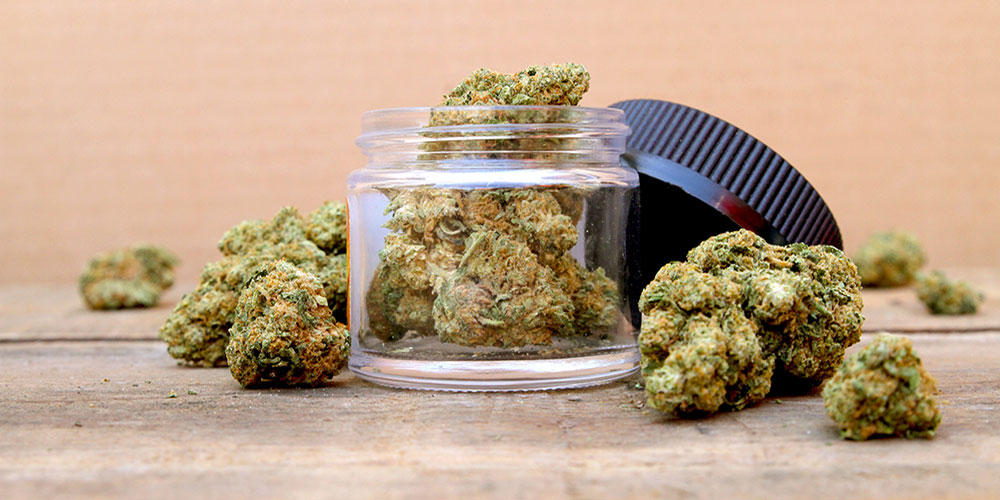Teens who used marijuana in the last year had a significantly higher likelihood of developing a psychotic disorder, according to new research published Wednesday.
The study, conducted by researchers from the University of Toronto and published in the journal Psychological Medicine, found an 11 times higher risk of developing a psychotic disorder among teens who used cannabis compared with those who did not, NBC News reports. When looking at just emergency room visitors and hospitalizations, there was a 27-fold increase in psychotic disorders in teens who had used the drug.
“When I see youths with psychotic symptoms, they’re almost always using lots of cannabis,” said Dr. Leslie Hulvershorn, a child psychiatrist and chair of the psychiatry department at Indiana University. “It would be unusual to see someone present with psychotic symptoms to a hospital and not have smoked cannabis.”
Although most teens who use cannabis will not develop psychotic disorders, and the new study does not directly prove marijuana is causing these disorders, the use of marijuana, particularly higher-potency products, has been previously linked to mental health conditions such as schizophrenia, anxiety, and depression.
“There’s something about that stage of brain development that we haven’t yet fully characterized — where there’s a window of time where cannabis use may increase the risk of psychosis,” said Dr. Kevin Gray, a professor of psychiatry and director of addiction sciences at the Medical University of South Carolina who was not involved with the study. “This study really puts a fine point on delaying cannabis use until your 20s may mitigate one of the most potentially serious risks.”
While it’s possible that teens who were prone to developing them could have also been more likely to use the drug, it’s unlikely because of how strong the association was, according to Hulvershorn.
“The magnitude of the effect here is just hard to believe that it’s not related to cannabis,” she said.
Teens and Marijuana Research Methodology
The study includes data from over 11,000 teens and young adults who were ages 12 to 24 at the beginning of the study. The researchers pulled data from the annual Canadian Community Health Survey, focusing on 2009 to 2012. Participants were then followed for up to nine years to track doctors’ or emergency room visits and hospitalizations.
Of the teens who were hospitalized or visited ERs for psychotic disorders, approximately five out of six had reported previous cannabis use.
“We see this replicated over and over again that there’s this developmental window of adolescence that’s very high-risk,” Gray said.
Gray said one theory is that disruptions to the endocannabinoid system, a complex signaling system in the brain that marijuana targets, may make psychotic symptoms more likely. In teens, this could make it more difficult to distinguish reality from fantasy, causing symptoms like hallucinations.
Researchers found no association between cannabis use and psychotic disorders in people ages 20 to 33.
“I think that there’s enough evidence out there for us to give recommendations that teens probably shouldn’t be using cannabis,” said the study’s lead author, Andre McDonald, a postdoctoral research fellow at McMaster University. “If we can somehow ask teens to delay their use until their brain has developed a little further, I think that would be good for public health.”













